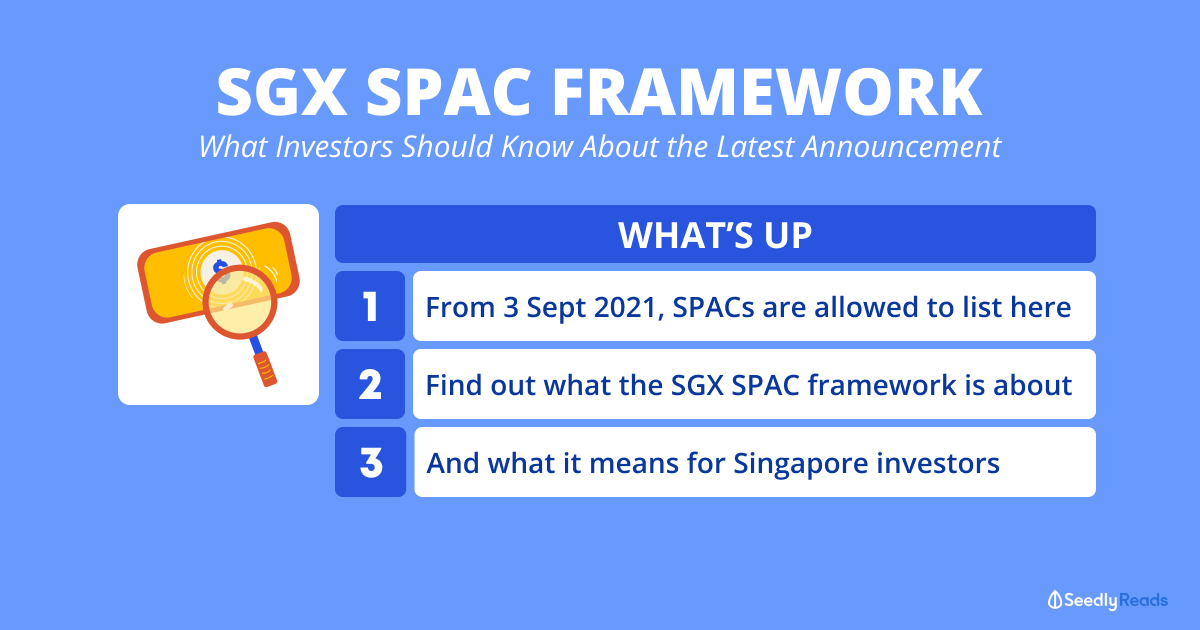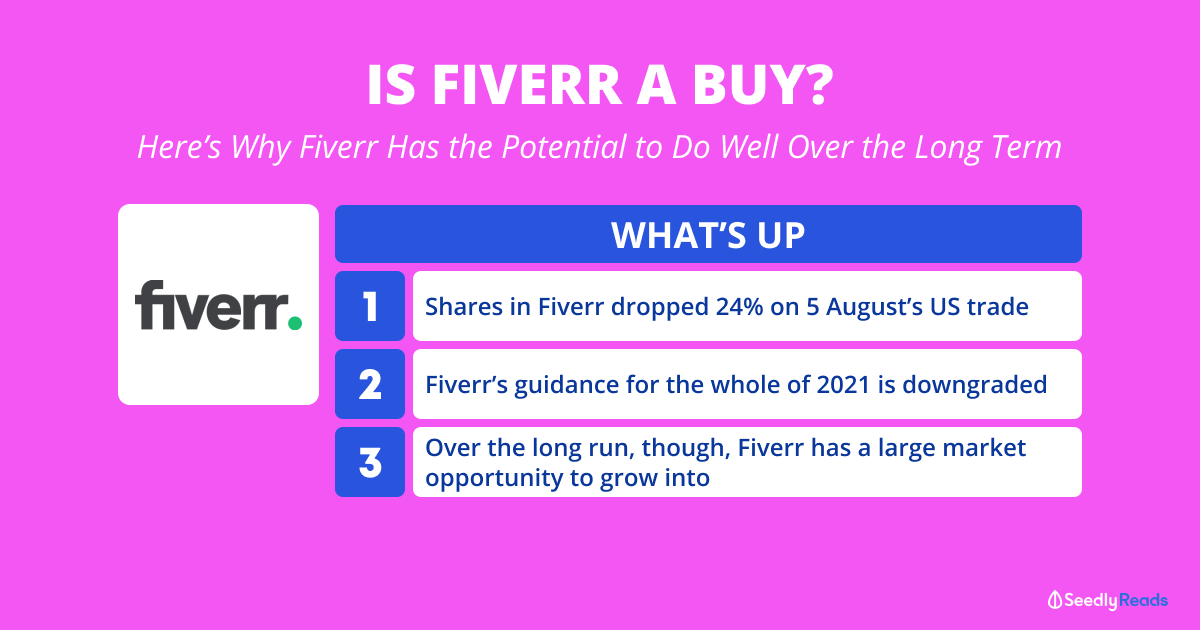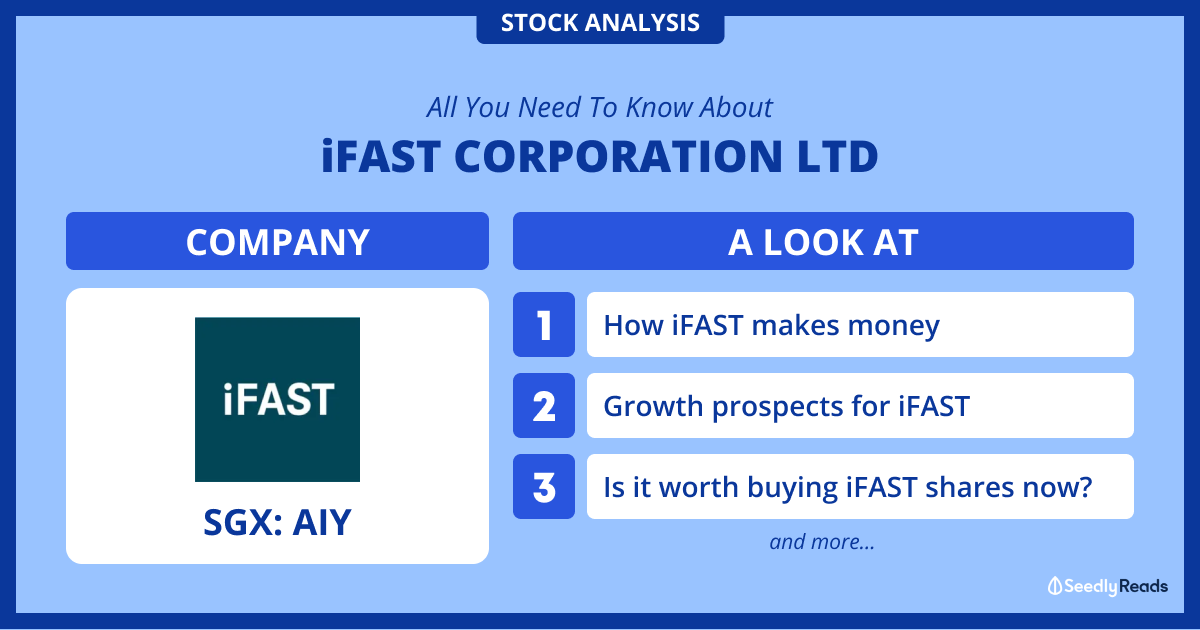Advertisement
For a company which does a dual listing overseas, is it true that the price of shares in both exchanges will tend to equalise overtime? How large does the range of the gap tend to be?
I'm looking at China Everbright Water (SGX:U9E) because the share jumped over 30% on Wednesday after its announced its dual-listing public offering price in Hong Kong was much higher than that in Singapore.
1
Discussion (1)
What are your thoughts?
Learn how to style your text
Kelly Trinh
27 Oct 2019
Backoffice technical at financial services firm
Reply
Save
Write your thoughts
Related Articles
Related Posts
Related Posts
Advertisement







In a clean theoretical world, the share prices should be equal as the shares would represent the same claim on the underlying company's profits.
However, unless there is some mechanism to arbitrage differences away, the differences can be quite large. Things like different investor universes (from the two countries), taxation and other market structure factors can all affect the gap.
As to the amount, it's hard to pin down but an exchange-traded managed fund should trade close to the underlying assets - but without a way to exchange baskets of underlying assets for the fund units, a difference of 10% would be remarkable but not unheard of.